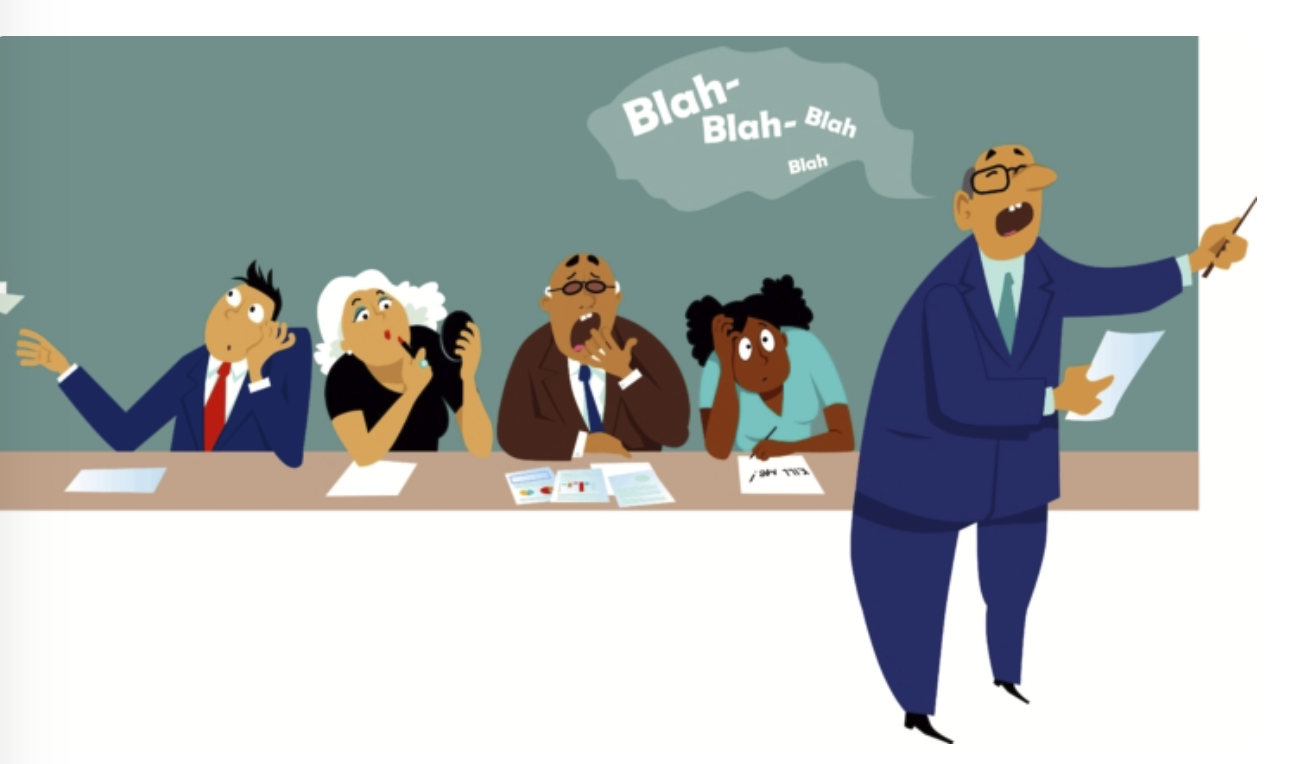Illustration: Constituting America
Opinion: The filibuster is killing bills with wide public support, and that’s bad for democracy. A few changes could keep the rule but lessen its harsh effects.
Paul Eckstein opinion contributor
(Editor’s note: Opinion pieces are published here for discussion purposes only.) `
People gather and listen to speakers during the Arizona Coalition to End the Filibuster rally at Civic Space Park in downtown Phoenix on May 20, 2021.
More than 70 years ago, U.S. Supreme Court Justice Robert Jackson famously wrote in a case testing the limits of free speech: “The Constitution is not a suicide pact.”
If that is true about the foundational document of our government, it is all the more true of a mere procedural rule that allows any 41 senators from as few as 21 states to block the U.S. Senate from passing legislation on which there is broad popular support, including such important matters as voting rights, immigration reform, a minimum wage, and the formation of a commission to investigate the causes and implications of the Jan. 6 storming of the U.S. Capitol.
If we are not yet at the point that bills favored by large majorities of the American body politic have no chance of being enacted into law, we are fast approaching it, and if that happens our democracy it will be in real danger.
If 41 senators to block a bill that would prohibit states from enacting laws designed to limit and even prevent citizens from voting, and permitting state officials to cancel legally cast votes and declare the loser the winner, as is being done in various states today, is not a suicide pact that endangers our democracy, then nothing is.
Why do we let a few senators kill bills?





